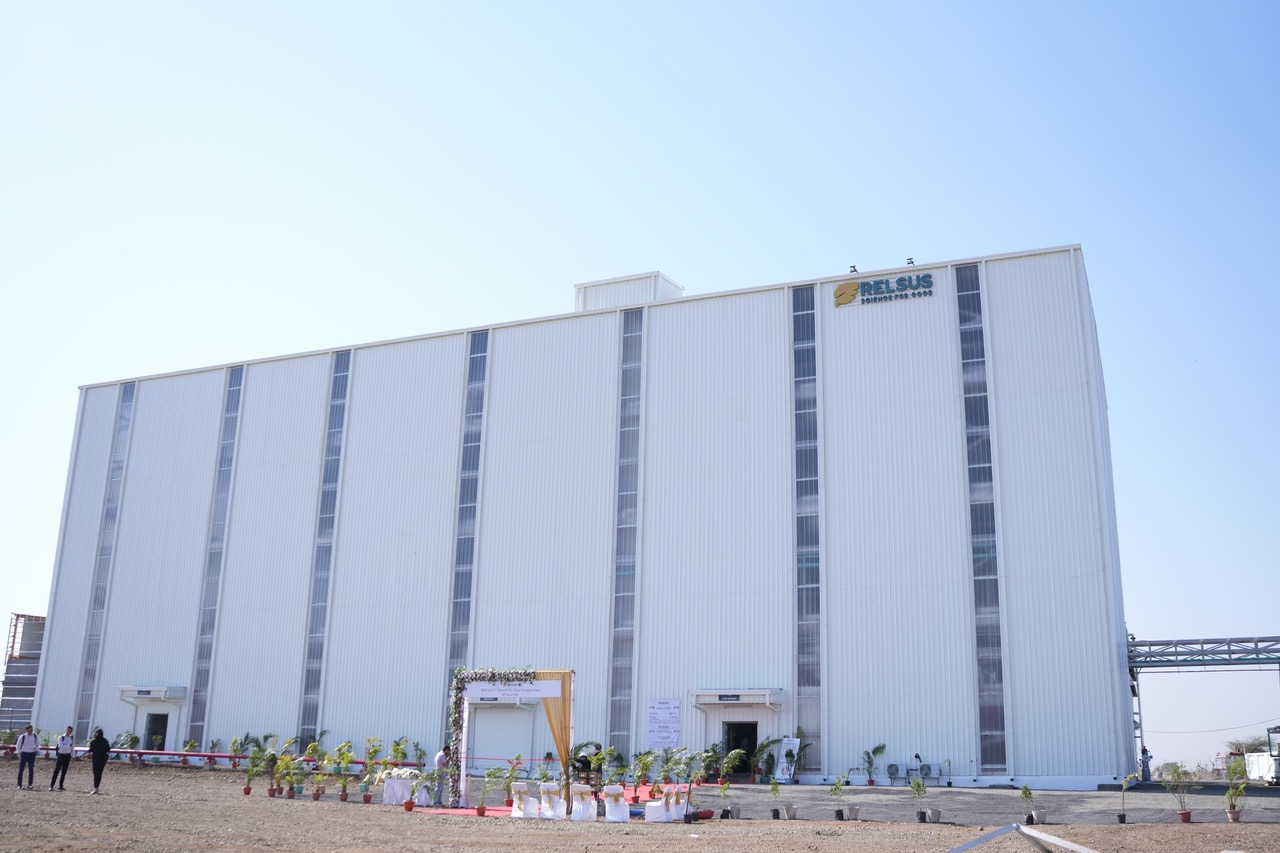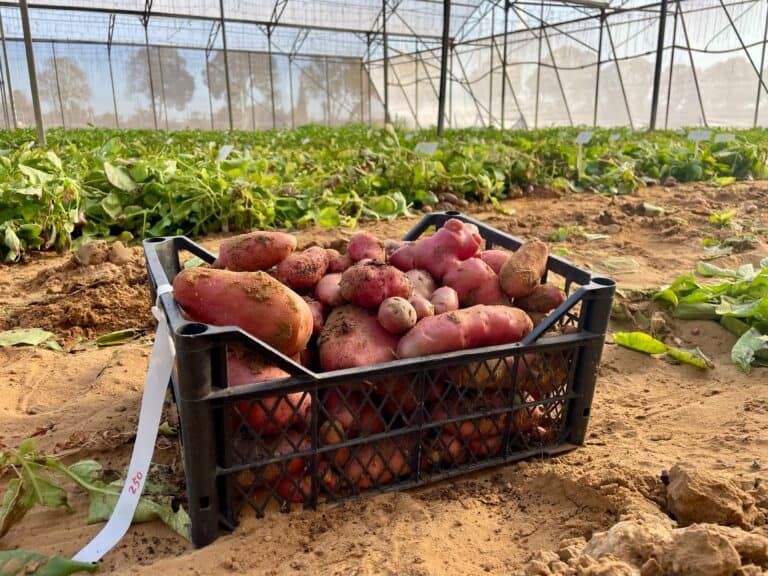New RELSUS Plant in India to Supply Functional Proteins to Europe with Aminola Partnership
Functional plant-based ingredient producer RELSUS has inaugurated a new manufacturing facility in Ujjain, India, and announced a strategic partnership with Dutch ingredients company Aminola. The agreement includes a European distribution arrangement and capital investment from Aminola to support RELSUS’s expansion. The new commercial facility, launched on March 18, 2025, will manufacture plant proteins and starches using RELSUS’s proprietary Ultra-Precise Filtration™ technology. According to RELSUS, the technology does not rely on solvents or harsh chemicals and allows for the production of ingredients with high purity, functionality, and a neutral sensory profile. Driving global plant protein transition Vineet Singhal, founder and CEO of RELSUS, stated, “Inauguration of this facility is a major milestone in our mission to help drive the global transition to high-quality, clean, and functional …




















